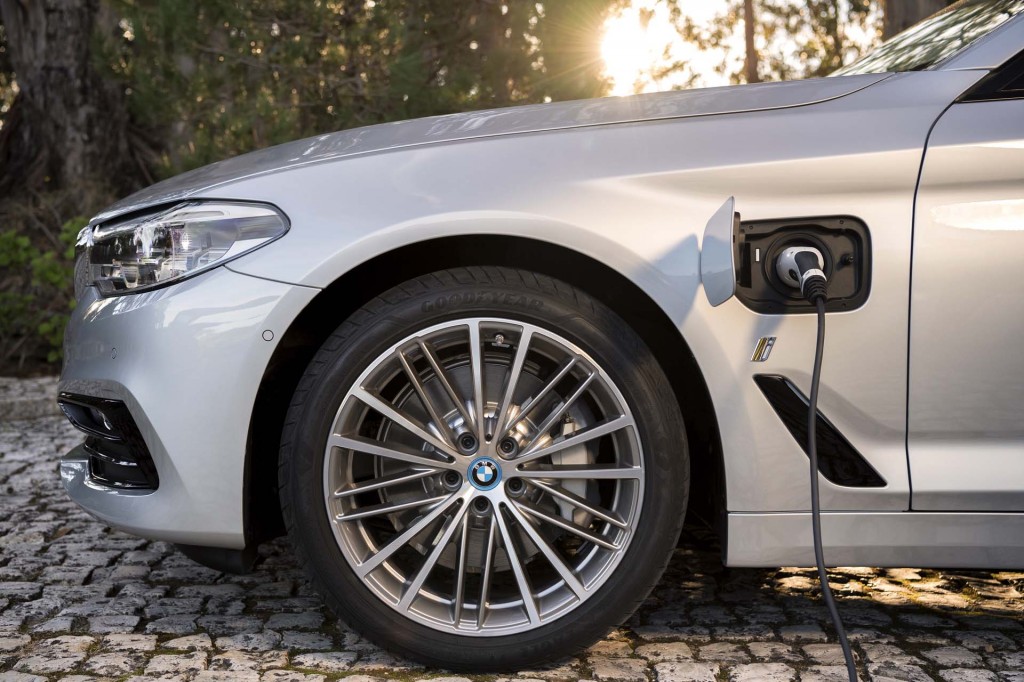BMW Group will cut back on development of powertrains consisting solely of internal-combustion engines as it increases spending on new electrified powertrains in its quest to reduce emissions, the automaker said during a financial results presentation held last week in Munich, Germany.
The automaker specifically mentioned that starting from 2021, it will make moves to eliminate 50 percent of what it refers to as “traditional” powertrains, i.e. those without any form of electrification.
“Upfront expenditure in the technologies of the future such as e-mobility needs to be financed,” said Nicolas Peter, head of finance at BMW Group.

2018 BMW 530e iPerformance
The good news for car fans with gasoline still in their veins, BMW Group sees a long life ahead for internal-combustion engines, only they will be augmented with electrification, such as mild- and plug-in hybrid setups.
Other areas where BMW Group will look to reduce costs is in the areas of purchasing and production. The automaker will also speed up development times for vehicles by as much as one third. This is made possible by the transition to modular platforms and powertrains, particularly in the case of battery-electric vehicles.
BMW Group has set itself a target of 25 electrified models across its brands—BMW, Mini and Rolls-Royce—by 2023. And more than half of these will be battery-electric models. The first of these EVs has already arrived in the form of the Mini Cooper S E. The next will be BMW's X3-based iX3 due later this year, though we won't see this model in the United States. The iNext mid-size SUV will follow around mid-2021 and then the i4 small sedan toward the end of 2021.
